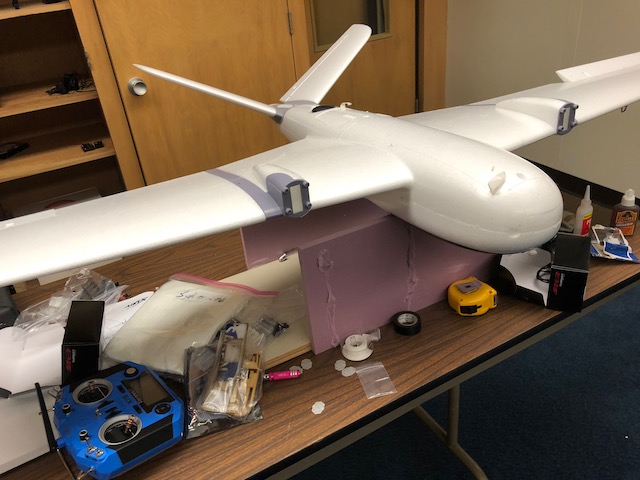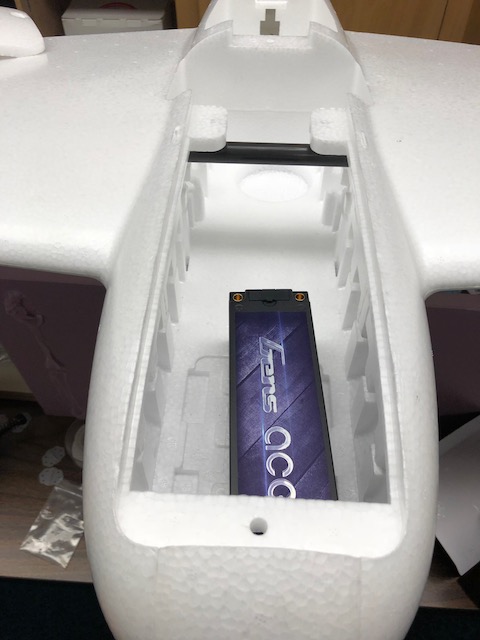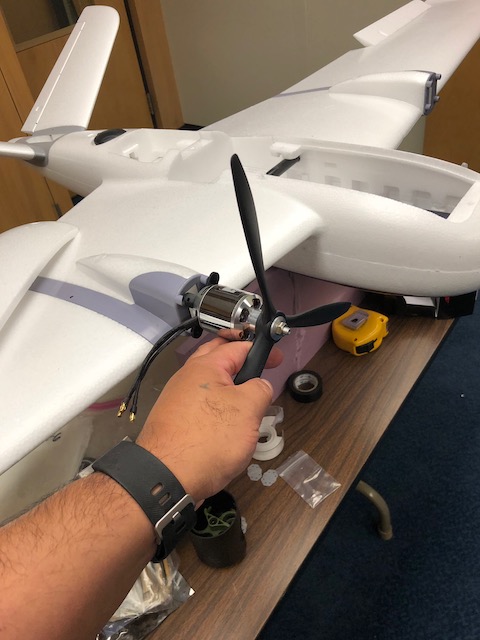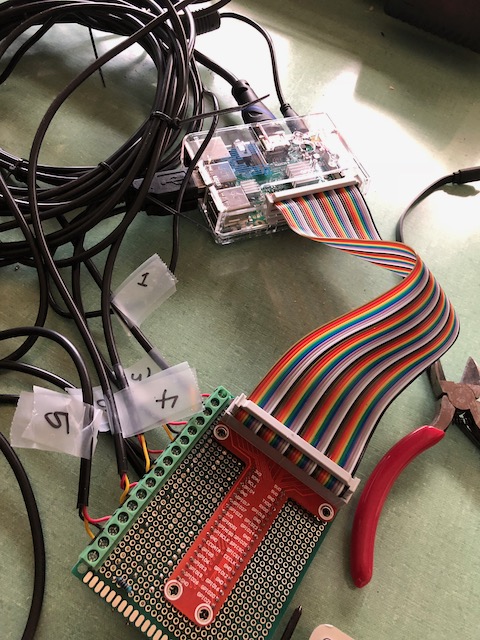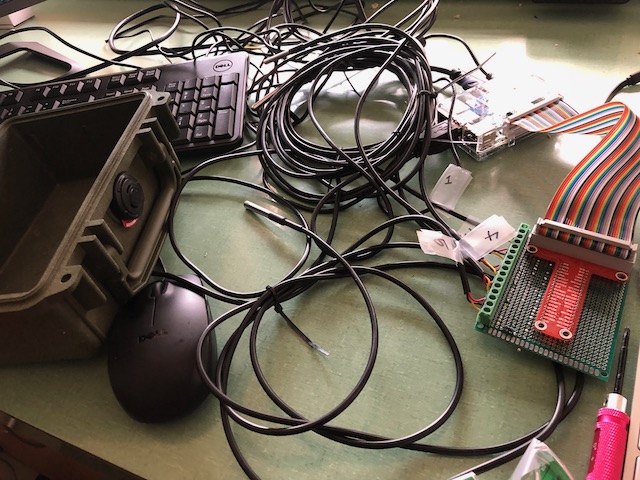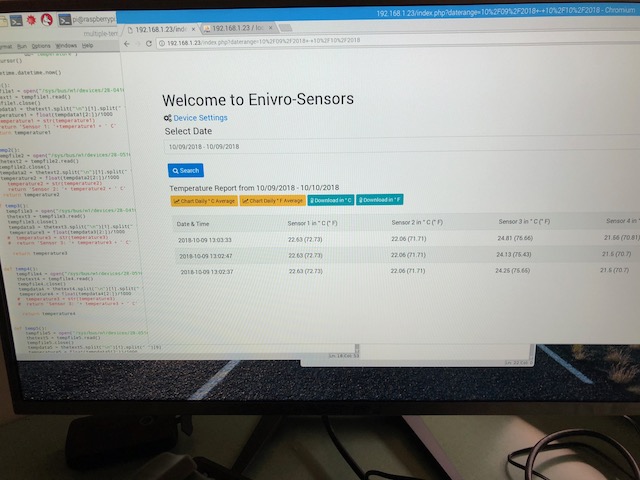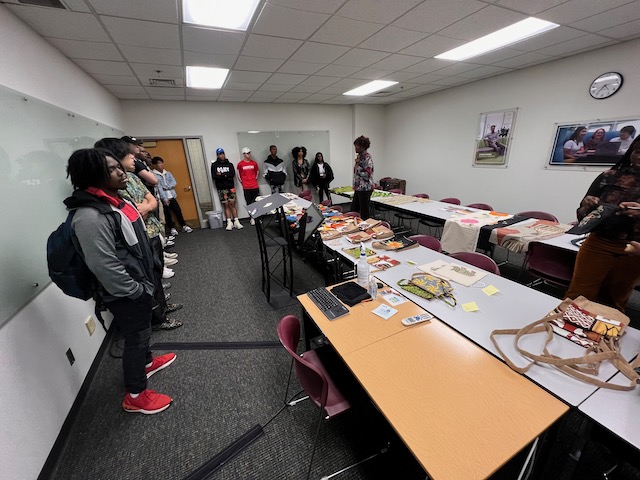In the Spring of 2022, students enrolled in the INFS226 IT Hardware and Software class embarked on an exciting journey, delving into the world of disruptive technology for their class project. With a shared goal of developing a data collector drone capable of gathering field data from remote sensors, these ambitious students set out to explore innovative solutions. While time and financial constraints prevented the complete testing of their system, the concepts and accomplishments achieved by the students were highly commendable. This article highlights their journey and the solid foundations they laid in utilizing emerging technology to address the needs of ecologists, nature conservations, and land managers.
- The Ambitious Goal of Data Collection:
The students aimed to design a data collector drone capable of gathering vital information from remote sensors in the field. By leveraging disruptive technology, they sought to overcome the challenges of traditional data collection methods and provide a more efficient and cost-effective solution. - The Remote Sensing Device:
Through their diligent efforts, the students successfully developed a remote sensing device powered by a Raspberry Pi. This device was designed to collect temperature data from the field, providing valuable insights for ecological research and environmental management. - Data Transfer via 2.4GHz WiFi:
To ensure seamless data transmission, the students utilized 2.4GHz WiFi technology for transferring the daily recorded data from the remote sensing device to another Raspberry Pi on board the drone. This wireless communication system facilitated real-time data collection and analysis, enabling timely decision-making and reducing the need for manual data retrieval. - Constraints and Limitations:
Due to time constraints and financial limitations, the students were unable to fully test the entire system they had developed. However, despite these challenges, the concepts and foundational work undertaken by the students showcased their dedication and ingenuity in leveraging disruptive technology for practical applications. - Exposure to Emerging Technology:
Throughout this transformative experience, the students were exposed to emerging technologies and their potential applications. By working on this project, they gained firsthand experience in integrating hardware and software components, exploring the capabilities of Raspberry Pi, and understanding the intricacies of drone technology. This exposure not only broadened their knowledge but also prepared them for future endeavors in the rapidly evolving field of technology. - Solving Real-World Challenges:
By addressing the needs of ecologists, nature conservations, and land managers, the students demonstrated the practicality of their project. The development of a data collector drone presented a promising solution for gathering field data efficiently and accurately. Such technology has the potential to revolutionize ecological research, environmental monitoring, and land management practices, offering valuable insights and aiding decision-making processes.
Conclusion:
The Spring 2022 INFS226 IT Hardware and Software class embarked on a remarkable journey, exploring disruptive technology and its application in the development of a data collector drone. Although time and financial constraints prevented the complete testing of their system, the students showcased commendable achievements and laid a solid foundation for future exploration. By leveraging emerging technologies, they demonstrated the potential for data collection drones to address the needs of ecologists, nature conservations, and land managers. This experience not only exposed the students to cutting-edge technologies but also equipped them with valuable skills and knowledge to tackle real-world challenges in the ever-evolving field of technology.

